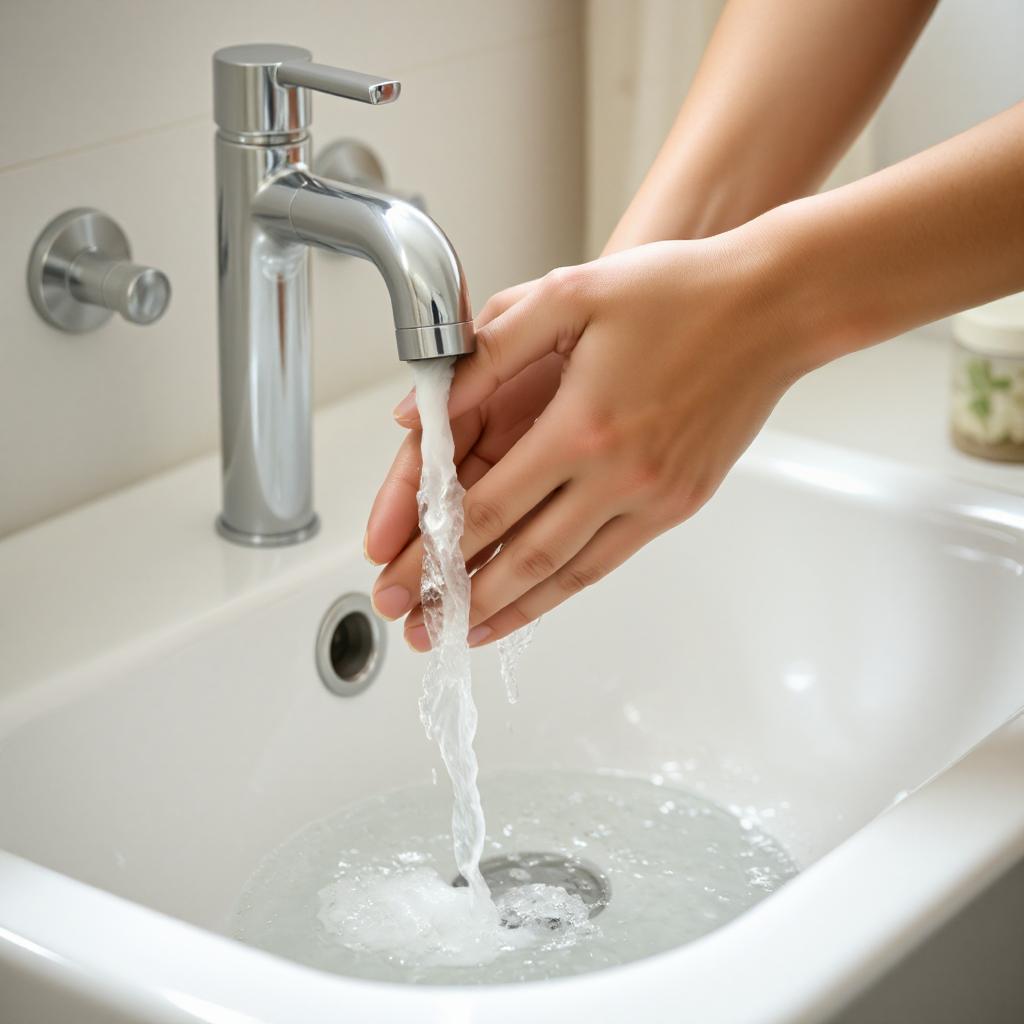Estimated Reading Time: 3 min
To prevent infections in newborns, caregivers can take several important precautions that focus on hygiene, environment, and overall health practices. Here are some key measures:
1. Hand Hygiene
- Frequent Handwashing: Caregivers should wash their hands thoroughly with soap and water before handling the baby, feeding, or changing diapers.
- Use Hand Sanitizer: When soap and water are not available, use an alcohol-based hand sanitizer, especially in public settings.
2. Limit Exposure to Sick Individuals
- Avoid Visitors with Illnesses: Keep the baby away from anyone who is sick, and ask visitors to postpone their visit if they are feeling unwell.
- Vaccination: Ensure that family members and caregivers are up to date on vaccinations, including the flu and whooping cough vaccines.
3. Clean Environment
- Sanitize Surfaces: Regularly clean and disinfect surfaces that the baby may come into contact with, such as changing tables, toys, and feeding equipment.
- Avoid Crowded Places: Limit exposure to crowded areas, especially during cold and flu season.
4. Safe Feeding Practices
- Breastfeeding: Whenever possible, breastfeed, as breast milk provides essential antibodies that help protect against infections.
- Proper Bottle Hygiene: If using formula, ensure that bottles, nipples, and feeding utensils are cleaned and sterilized.
5. Safe Sleep Practices
- Sleep Position: Always place the baby on their back to sleep to reduce the risk of SIDS, which can be linked to respiratory infections.
- Safe Sleep Environment: Ensure a safe sleep environment, free from soft bedding, pillows, and toys, which can pose suffocation risks.
6. Regular Health Check-ups
- Pediatric Visits: Attend regular pediatric appointments to monitor the baby’s health and receive recommended vaccinations on schedule.
- Monitor for Signs of Infection: Be vigilant for any signs of illness, such as fever, irritability, feeding difficulties, or unusual behavior, and seek medical advice if concerned.
7. Limit Skin-to-Skin Contact
- Protective Clothing: When handling the baby, wear clean clothes and avoid wearing jewelry that can harbor germs.
- Avoid Kissing: Discourage kissing the baby, especially on the face and hands, to minimize exposure to germs.
8. Appropriate Clothing and Temperature
- Dress the Baby Appropriately: Ensure the baby is dressed in clean, weather-appropriate clothing to maintain a comfortable body temperature.
- Maintain a Clean Home Environment: Regularly clean the home to reduce allergens and irritants that can compromise the baby’s health.
9. Avoiding Pets and Animals
- Supervise Interactions: If there are pets in the home, supervise interactions and ensure pets are healthy and vaccinated.
- Limit Exposure: Consider limiting the baby’s exposure to animals, especially in the early weeks.
By implementing these precautions, caregivers can significantly reduce the risk of infections in newborns and help ensure a healthier start to life. Consistent vigilance and good hygiene practices are key to protecting the baby’s health.

